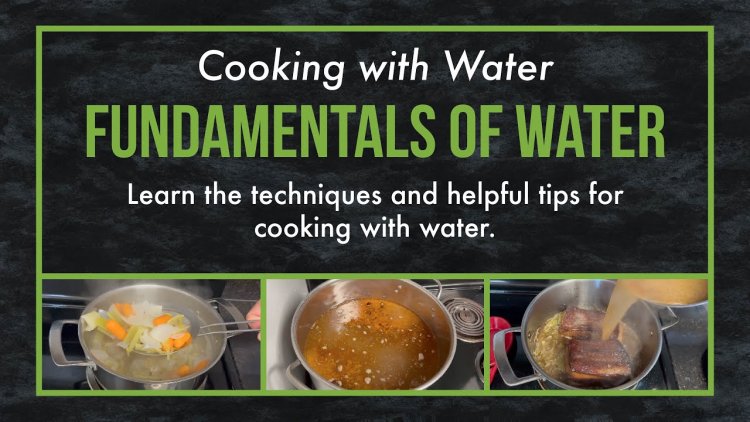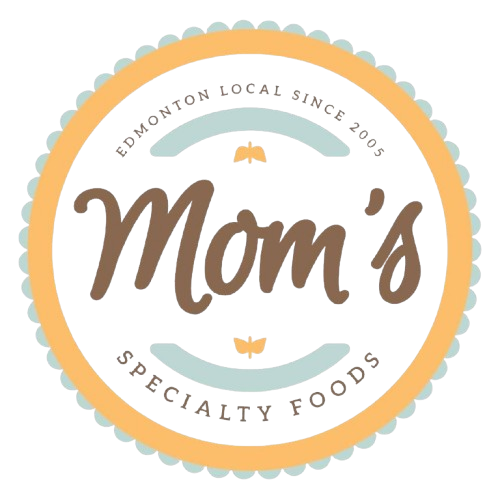Boiling A Fundamental Cooking Technique
1. Discover the art of boiling, a fundamental cooking technique that transforms ingredients into delicious meals. Perfect for pasta, vegetables, and proteins, boiling ensures even cooking and enhances flavors while preserving nutrients. Whether you're a novice or a seasoned chef, mastering this simple yet essential method will elevate your culinary skills and open up a world of tasty possibilities.

Boiling A Fundamental Cooking Technique
Boiling is one of the most basic and essential cooking techniques.
The Science of Boiling
When water is heated, its molecules gain energy and begin to move faster.
At the boiling point, the water molecules vaporize, forming bubbles that rise to the surface.
Cooking with Boiling Water
Boiling is a versatile cooking technique that can be used to prepare a wide variety of foods.
- Pasta: Pasta is typically cooked by boiling it in a large pot of salted water until al dente.
- Vegetables: Many vegetables, such as carrots, potatoes, and broccoli, can be cooked by boiling them until tender.
- Eggs: Eggs can be boiled to make hard-boiled or soft-boiled eggs.
- Meats: Some meats, such as corned beef and sausages, can be cooked by boiling them in water or broth.
Tips for Boiling Food
- Use plenty of water: When boiling pasta or vegetables, use enough water to ensure that the food is fully submerged.
- Salt the water: Adding salt to the boiling water can help to enhance the flavor of the food.
- Don't overcook: It is important to cook food until it is tender but not overcooked.
- Skim off any foam: Skimming off the foam that forms on the surface of the water can help to prevent the food from becoming cloudy.
Boiling vs. Simmering
Boiling and simmering are two similar cooking techniques, but there is a key difference.
Boiling is a simple yet effective cooking technique that can be used to prepare a variety of delicious and nutritious meals. By following these tips, you can ensure that your boiled food is cooked to perfection.









/__opt__aboutcom__coeus__resources__content_migration__serious_eats__seriouseats.com__images__2015__05__20150511-scrambled-eggs-vicky-wasik-11-21d8f74e84524493a335065a7558b532.jpg)
